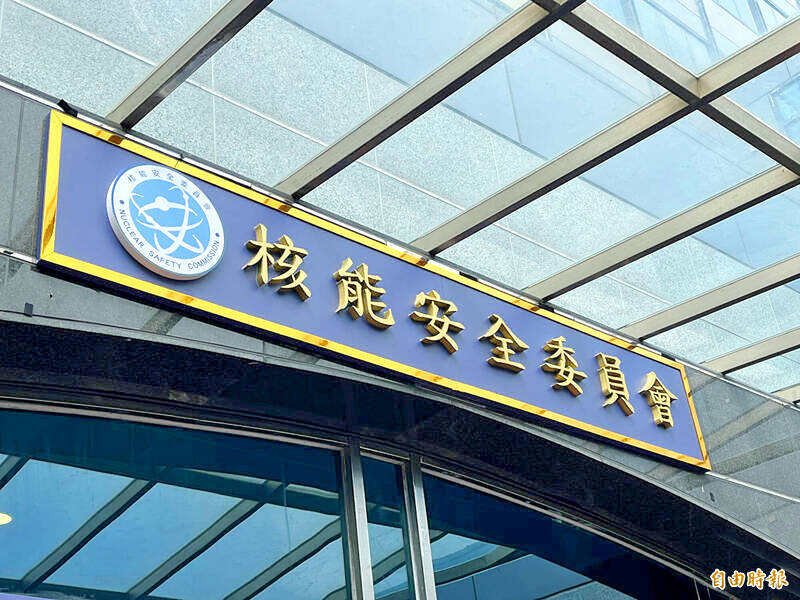Science
Taiwan’s Nuclear Safety Commission Launches Modular Reactor Initiative

The Nuclear Safety Commission (NSC) of Taiwan has announced a significant initiative to develop small modular reactor (SMR) and micro modular reactor technologies. This four-year project, estimated to cost NT$800 million (approximately US$26.45 million), aims to bolster the country’s nuclear energy capabilities amid shifting energy demands.
NT$100 million will be allocated in the upcoming year to fund preliminary research on SMRs and to establish the necessary framework for reviewing applications for their construction. This initiative follows a failed referendum regarding the reactivation of the Ma-anshan Nuclear Power Plant in Pingtung County, where a majority of voters expressed support for the proposal despite it not meeting the approval threshold.
In response to the referendum results, President William Lai has ordered Taiwan Power Co (台電) to commence safety inspections at the Ma-anshan plant. During this period, the government is considering the potential for developing advanced nuclear energy technologies.
Focus on Low-Carbon Energy Solutions
The NSC’s project will be executed by the National Atomic Research Institute and will concentrate on researching low-carbon, high-energy density SMRs. Among the key objectives are introducing the technology for domestic SMR construction, establishing a legal framework for new-generation nuclear energy policies, and creating a national team dedicated to SMR development. The commission has also indicated a desire to reduce the construction time for these reactors.
As part of this initiative, the demand for nuclear energy specialists has diminished, largely due to Taiwan’s “nuclear-free homeland” policy. To address this, the institute plans to send researchers to national nuclear energy laboratories in Europe, North America, and Japan for short-term research opportunities and internships, as well as to pursue nuclear engineering courses at reputable universities.
In an effort to enhance domestic expertise, the institute will also recruit international specialists and Taiwanese researchers based abroad to introduce advanced nuclear technology and collaborate with local experts.
Global Perspectives on New-Generation Reactors
The NSC has acknowledged that other countries, including the United States, the United Kingdom, and Japan, have invested in studies related to new-generation nuclear reactors. However, none have achieved full commercial operational capability as regulatory standards for these emerging reactor types are still being developed in the US.
The commission has expressed its commitment to closely monitoring international developments in regulatory frameworks, ensuring that Taiwan remains aligned with global advancements in nuclear technology.
This proactive approach reflects the NSC’s aim to position Taiwan as a key player in the evolving landscape of nuclear energy, as it seeks to balance energy needs with environmental considerations.
-

 Lifestyle3 months ago
Lifestyle3 months agoHumanism Camp Engages 250 Youths in Summer Fest 2025
-

 Sports3 months ago
Sports3 months agoDe Minaur Triumphs at Washington Open After Thrilling Comeback
-

 Business4 months ago
Business4 months agoKenvue Dismisses CEO Thibaut Mongon as Strategic Review Advances
-

 Sports4 months ago
Sports4 months agoTupou and Daugunu Join First Nations Squad for Lions Clash
-

 Top Stories4 months ago
Top Stories4 months agoColombian Senator Miguel Uribe Shows Signs of Recovery After Attack
-

 World4 months ago
World4 months agoASEAN Gears Up for Historic Joint Meeting of Foreign and Economic Ministers
-

 Business4 months ago
Business4 months agoOil Prices Surge Following New EU Sanctions on Russia
-

 Health3 months ago
Health3 months agoNew Study Challenges Assumptions About Aging and Inflammation
-

 Entertainment3 months ago
Entertainment3 months agoDetaşe-Sabah Violin Ensemble Captivates at Gabala Music Festival
-

 Entertainment3 months ago
Entertainment3 months agoBaku Metro Extends Hours for Justin Timberlake Concert
-

 Business4 months ago
Business4 months agoU.S. House Approves Stablecoin Bill, Sends to Trump for Signature
-

 Top Stories4 months ago
Top Stories4 months agoRethinking Singapore’s F&B Regulations Amid Business Closures









